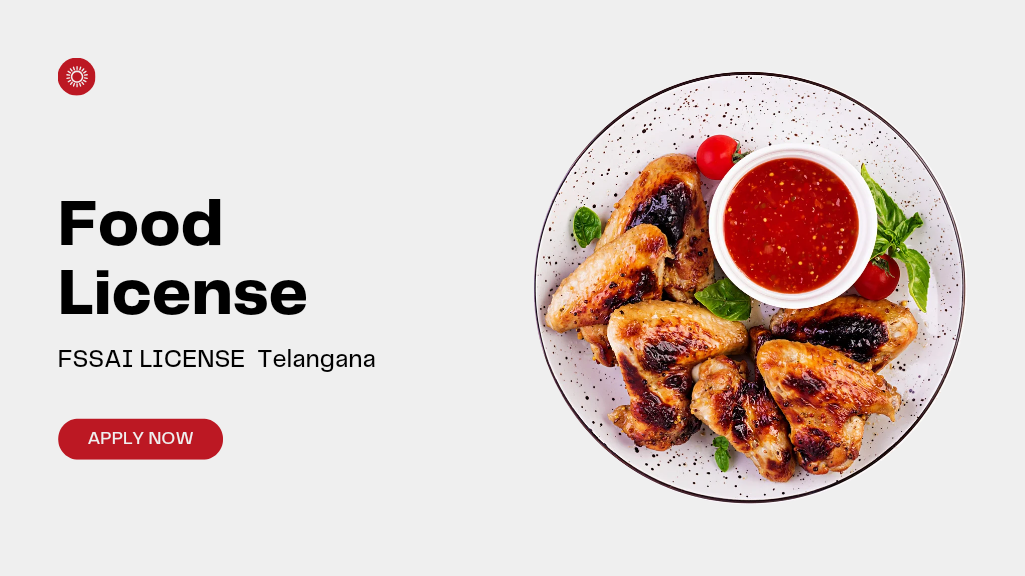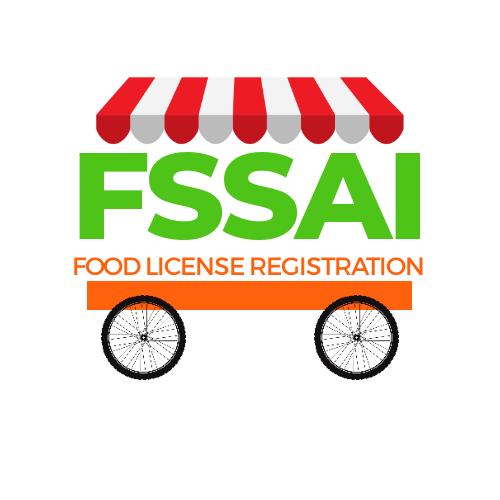The Ultimate Guide to Obtaining a Food License in Telangana
Operating a food business in Telangana requires compliance with food safety regulations, and obtaining the necessary licenses is crucial. This comprehensive guide provides a detailed overview of the food licensing process in Telangana, along with frequently asked questions (FAQs) to ensure a smooth and legally compliant journey for entrepreneurs.

Table of Contents
- Introduction to Food Licensing
- 1.1 Importance of Food License
- 1.2 Types of Food Licenses
- Food Licensing Process in Telangana
- 2.1 Preparing for Application
- 2.2 Online Application Submission
- 2.3 Document Verification
- 2.4 Inspection and Compliance
- 2.5 Issuance of Food License
- FAQs on Food License in Telangana
- 3.1 Who needs a food license in Telangana?
- 3.2 What are the different types of food licenses?
- 3.3 How long does it take to obtain a food license?
- 3.4 What documents are required for a food license in Telangana?
- 3.5 Can I operate without a food license?
- 3.6 Is it mandatory to renew the food license?
- 3.7 What are the penalties for non-compliance?
1. Introduction to Food Licensing
1.1 Importance of Food License
A food license is a legal requirement for any food business operator to ensure the safety and quality of food products. It is a mark of compliance with food safety standards set by regulatory authorities.
1.2 Types of Food Licenses
- FSSAI Registration: For small-scale food businesses.
- State Food License: For mid-sized enterprises.
- Central Food License: For large-scale or multi-state operations.
2. Food Licensing Process in Telangana
2.1 Preparing for Application
Step 1: Determine the Type of License
- Identify the scale and nature of your food business.
- Choose between FSSAI registration, State license, or Central license.
Step 2: Collect Necessary Documents
- Gather documents like identity proof, address proof, food safety management plan, and NOCs.
2.2 Online Application Submission
Step 3: Visit the FSSAI Website
- Go to the FSSAI online portal for application submission.
Step 4: Fill the Application Form
- Provide accurate information in the application form.
- Upload the required documents.
2.3 Document Verification
Step 5: Document Scrutiny
- The FSSAI authorities will scrutinize the submitted documents.
- Any discrepancies may lead to clarification requests.
2.4 Inspection and Compliance
Step 6: Inspection by Food Safety Officer
- An inspection of the premises may be conducted.
- Ensure compliance with hygiene and safety standards.
Step 7: Compliance with Regulations
- Make necessary changes based on inspection recommendations.
- Comply with food safety regulations.
2.5 Issuance of Food License
Step 8: Issuance of Food License
- Upon successful verification and compliance, the food license is issued.
- The license is valid for 1 to 5 years, depending on the type.
3. FAQs on Food License in Telangana
3.1 Who needs a food license in Telangana?
Answer: Any person or entity involved in the manufacturing, processing, storage, distribution, or sale of food products needs a food license.
3.2 What are the different types of food licenses?
Answer: The types include FSSAI Registration, State Food License, and Central Food License, catering to different scales of operations.
3.3 How long does it take to obtain a food license?
Answer: The duration varies, but it generally takes 30 days for FSSAI registration and up to 60 days for State or Central licenses.
3.4 What documents are required for a food license in Telangana?
Answer: Documents include identity and address proof, food safety management plan, list of partners/directors, and proof of possession of premises.
3.5 Can I operate without a food license?
Answer: No, operating without a food license is illegal and can result in penalties and closure of the business.
3.6 Is it mandatory to renew the food license?
Answer: Yes, it is mandatory to renew the food license before its expiration to continue operations legally.
3.7 What are the penalties for non-compliance?
Answer: Penalties for non-compliance include fines, imprisonment, and the suspension or cancellation of the food license.
Conclusion
This comprehensive guide provides a step-by-step overview of the food licensing process in Telangana, emphasizing the importance of compliance with food safety regulations. By following these guidelines and understanding the FAQs, entrepreneurs can navigate the licensing process successfully, ensuring the legal operation of their food businesses in Telangana. Committed to food safety, entrepreneurs can contribute to building a robust and trustworthy food industry in the state.

